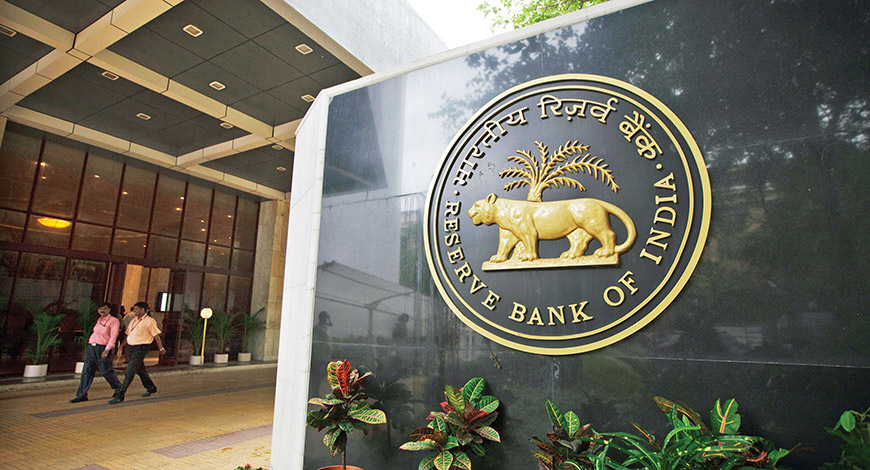NEW DELHI: The first wave of COVID-19 last year impacted households as their financial savings moderated to 8.2 per cent of GDP in December quarter from 10.4 per cent in the previous three-month period, revealed an RBI data released on Wednesday.
The preliminary estimate of household financial savings is placed at 8.2 per cent of GDP in October-December 2020-21, exhibiting a sequential moderation for the second consecutive quarter after having spiked in the pandemic-hit June quarter, RBI said in a release.
‘The moderation was driven by a significant weakening in the flow of household financial assets, which more than offset the moderation in the flow of household financial liabilities,’ it said.
The ratio of household (bank) deposits to GDP declined to 3 per cent in the third quarter from 7.7 per cent in July-September.
RBI further said household debt to GDP ratio, which is based on select financial instruments, has been increasing steadily since end-March 2019.
‘It (household debt to GDP ratio) rose sharply to 37.9 per cent at end-December 2020 from 37.1 per cent at end-September 2020,’ it said.
Despite higher borrowings from banks and housing finance companies, the flow in household financial liabilities was marginally lower in the third quarter following a marked decline in borrowings from non-banking financial companies.
As per the data, financial assets, including deposits, life insurance funds, provident and pension funds, currency, investments in mutual funds and equity, and small savings, stood at Rs 6,93,001.8 crore in the third quarter. It was at Rs 7,46,821.4 crore in July-September 2020-21.
Financial liabilities (loans) stood at Rs 2,48,418.7 crore in the third quarter. In the preceding quarter it was Rs 2,54,915.2 crore. (AGENCY)
Trending Now
E-Paper


